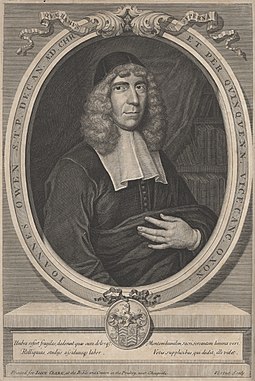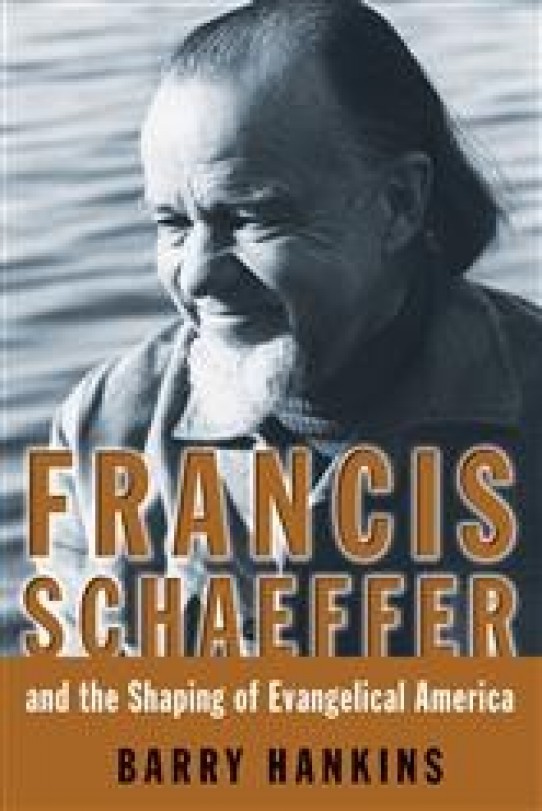Explorations in the History of Psychology
Persisting Themata and Changing Paradigms
Harry A. Van Belle
Soux Center, IO: Dordt College Press, 2014
ISBN 978-0-932914–99-6
Pbk; 239+vi pp; £12.00
There are several textbooks that provide an overview of the history of psychology, but none that do it from a Christian perspective, until now. Van Belle, emeritus professor of psychology at The Kings University College in Alberta, Canada, has produced an excellent introduction to, and overview of, the history of psychology utilising the Dutch Christian philosopher Vollenhoven’s approach. It is the fruit of many years teaching university students in North American and in Africa. Now students everywhere can benefit from Van Belle’s wisdom, insight and experience.
History is important it places where we are within a context. A historical perspective is important in showing not only where we have come from but also in revealing the ideologies at work in a subject. Van Belle, in utilising Vollenhoven’s approach, helpfully shows the continuities and discontinuities in the history of psychology: “The history of psychology necessarily consists of both persisting thematas and changing paradigms” (p. i).
The first half of the book is taken up with the Greek and the Middle Ages. Although psychology as a separate discipline, rather than being a sub-discipline of philosophy, didn’t exist until the nineteenth century, the Greek and scholastic roots prove illuminating. The final sections of the book deal with a number of key psychological schools and shifting emphases on consciousness, the unconscious mind, adaptation, functionalism, behaviourism and then cognitive and humanistic psychology.
Each chapter closes with a list of references and a ‘Some issues to stimulate discussion’, this section provides helpful prompts for discussion and will prove invaluable for those who want to use the book as a college text. For those who want a history of psychology then this is the book to go to, the added advantage is that it is from a distinctively Christian approach that avoids being simplistic and biblicistic. Van Belle has served us well.













